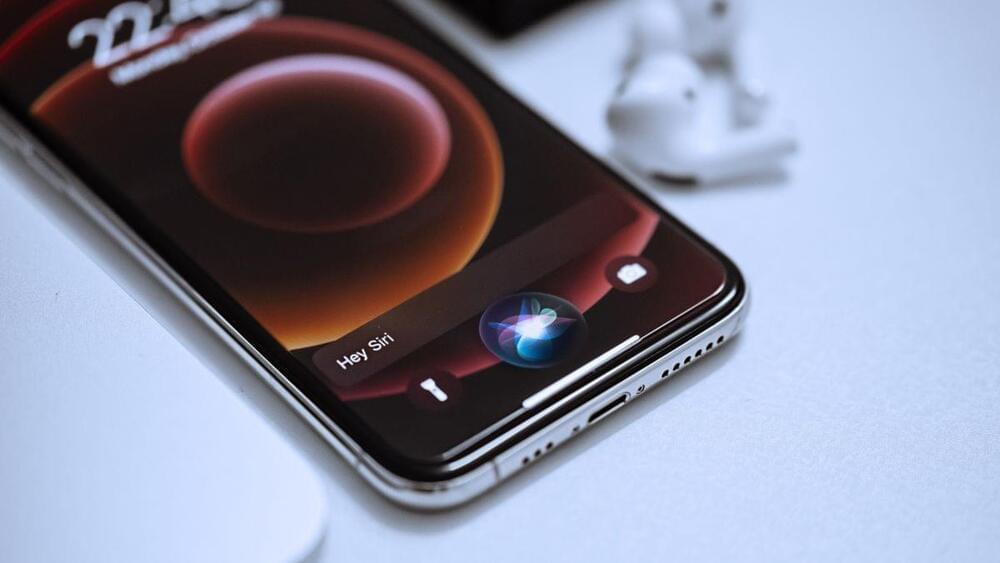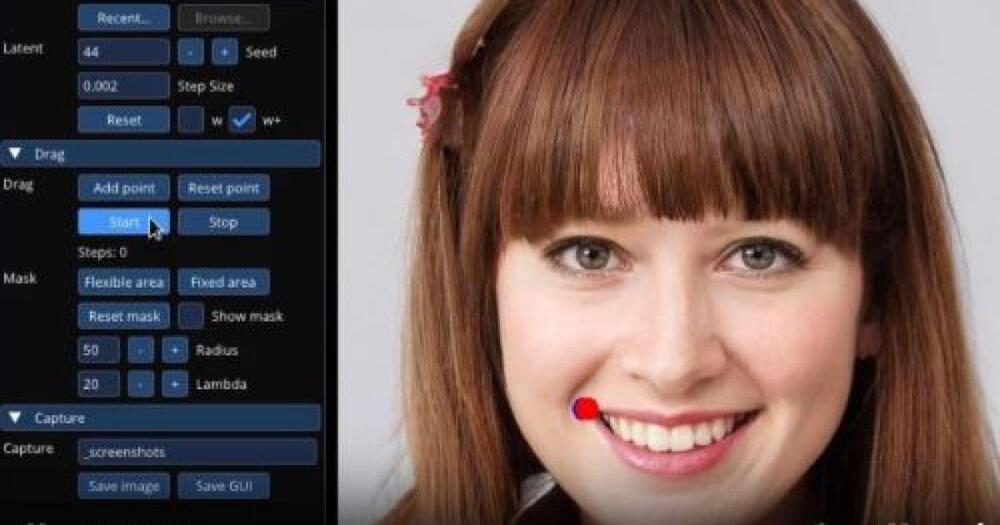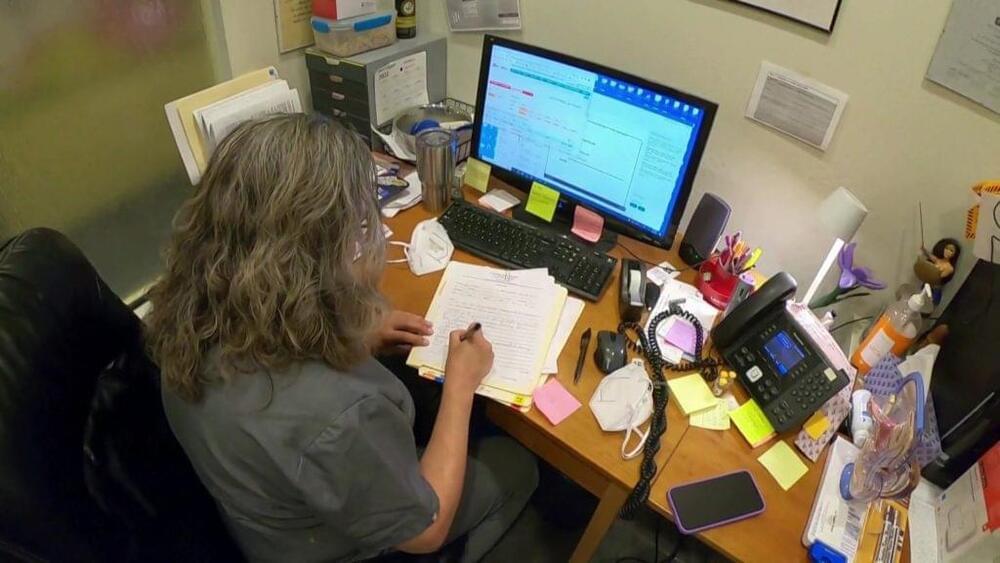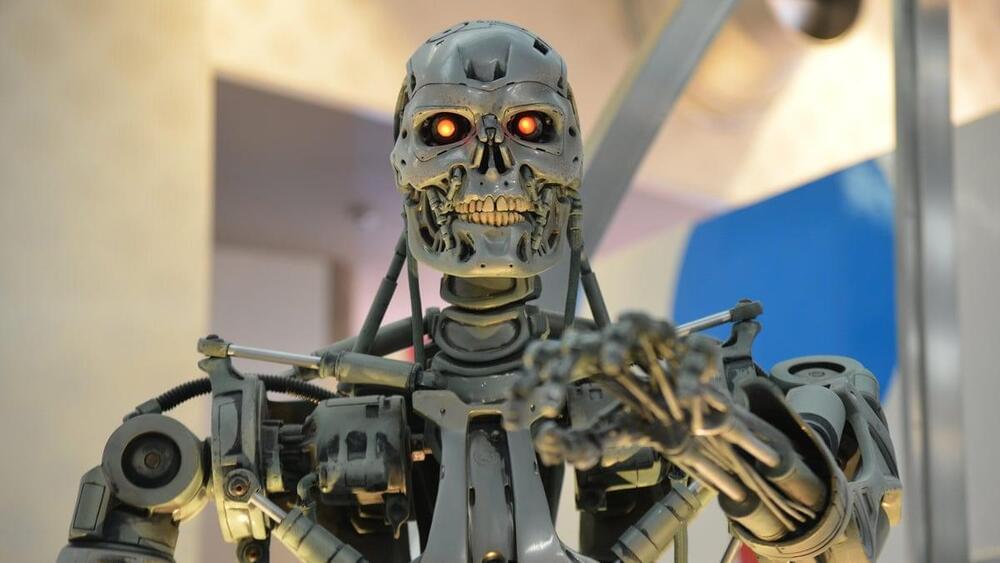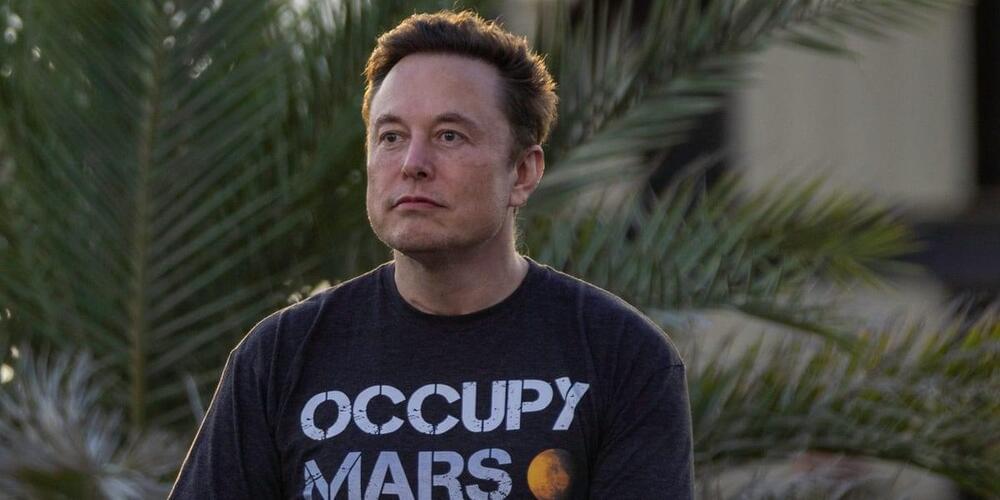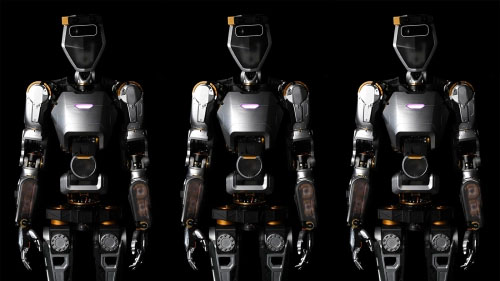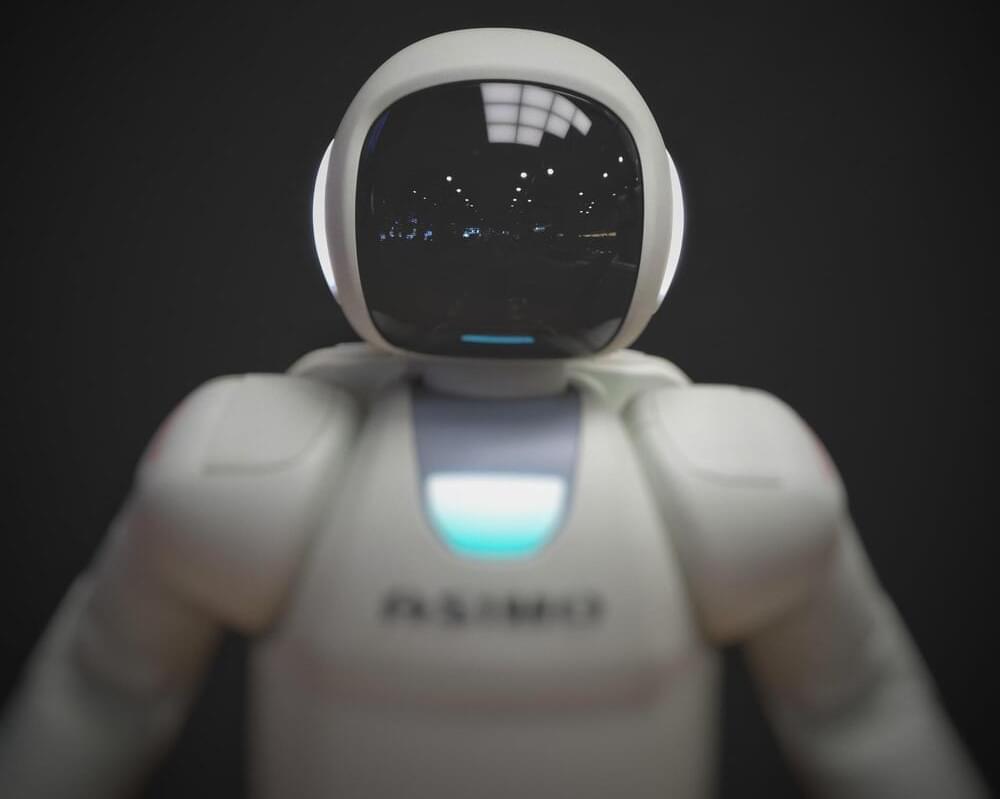
Increasingly, social robots are being used for support in educational contexts. But does the sound of a social robot affect how well they perform, especially when dealing with teams of humans? Teamwork is a key factor in human creativity, boosting collaboration and new ideas. Danish scientists set out to understand whether robots using a voice designed to sound charismatic would be more successful as team creativity facilitators.
“We had a robot instruct teams of students in a creativity task. The robot either used a confident, passionate—ie charismatic—tone of voice or a normal, matter-of-fact tone of voice,” said Dr. Kerstin Fischer of the University of Southern Denmark, corresponding author of the study in Frontiers in Communication. “We found that when the robot spoke in a charismatic speaking style, students’ ideas were more original and more elaborate.”
We know that social robots acting as facilitators can boost creativity, and that the success of facilitators is at least partly dependent on charisma: people respond to charismatic speech by becoming more confident and engaged. Fischer and her colleagues aimed to see if this effect could be reproduced with the voices of social robots by using a text-to-speech function engineered for characteristics associated with charismatic speaking, such as a specific pitch range and way of stressing words. Two voices were developed, one charismatic and one less expressive, based on a range of parameters which correlate with perceived speaker charisma.
